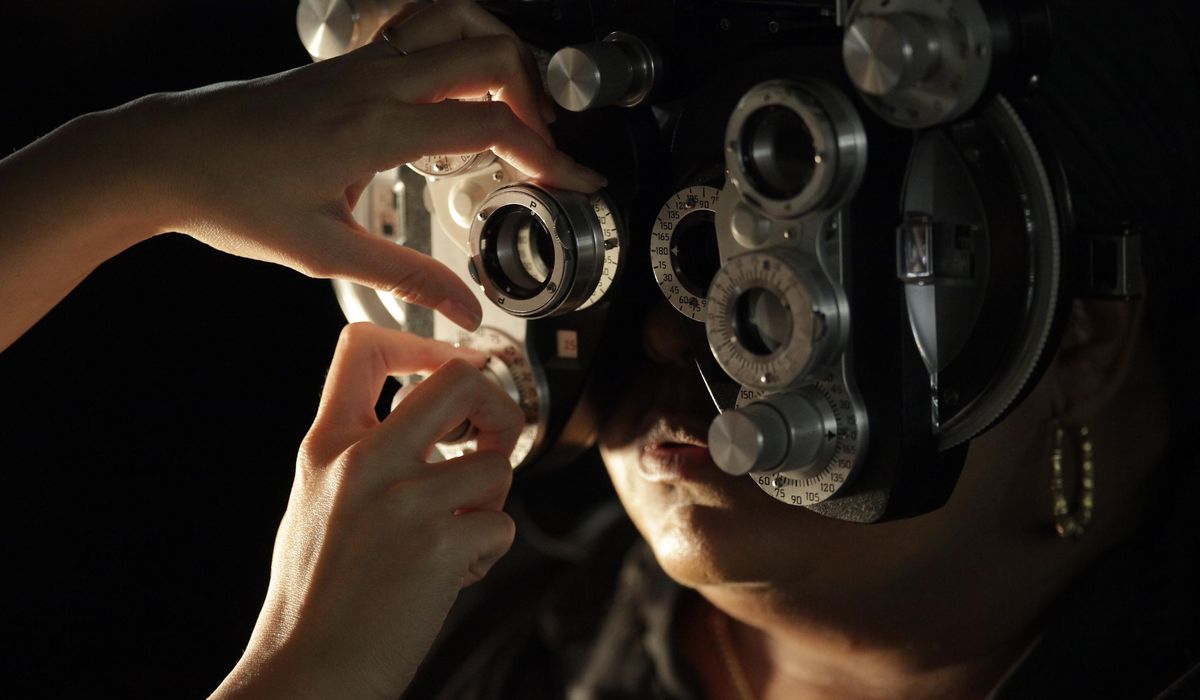


People with eyesight troubles are likelier to develop dementia in their golden years, a study found.
Three researchers published the study Thursday in JAMA Ophthalmology. They examined the responses of 3,817 adults older than 70 to a national aging trend survey conducted in 2021.
The study found that seniors with all forms of nearsightedness, farsightedness and impaired sensitivity to visual contrasts had a higher prevalence of dementia than those without eye problems. Those with multiple vision problems also were likelier than those with only one visual impairment to have dementia.
Respondents were flagged for dementia if they scored poorly on a standardized cognitive health screening for memory, orientation and executive function skills.
The study builds on years of research suggesting a physiological link between Alzheimer’s disease and retinal deterioration such as macular degeneration and glaucoma, according to commentary published with it.
“Visual loss is associated with social isolation, difficulty reading and in general a decrease in personal and social stimulation,” Sheila West, a professor in the Dana Center for Preventive Ophthalmology at Johns Hopkins Hospital, wrote in the commentary.
“Personal and social isolation are risk factors for cognitive decline,” she added. “If there is even an indirect link between vision impairment and loss of cognition, then improving vision should decrease the risk of dementia or at least slow progression.”
According to the study’s authors, their findings confirm that corrective eye treatments could reduce the risk of dementia in older age.
“Cataract surgery reduces the risk of dementia, and optimizing vision may prevent up to 100,000 prevalent cases of dementia in the U.S.,” the researchers wrote.
• Sean Salai can be reached at ssalai@washingtontimes.com.
